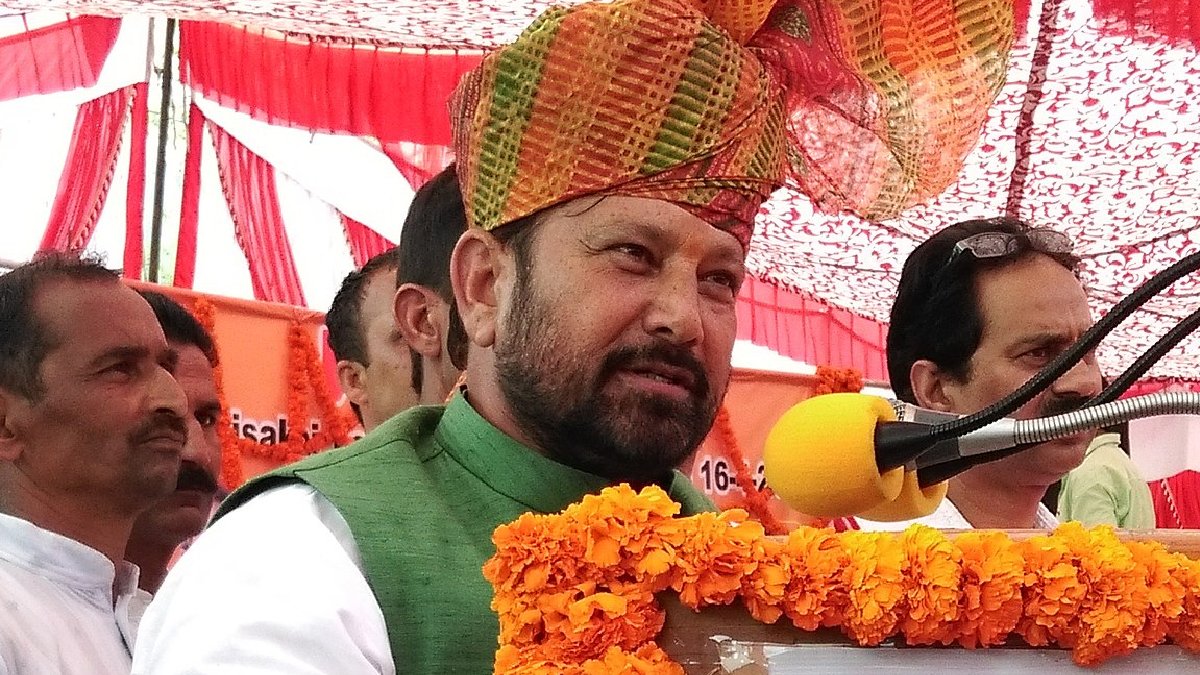
North Korea’s quest for peace: More than Trump, it’s Pyongyang’s pragmatism
The North Korean leadership's sudden change over the country's hardly pursued nuclear ambitions has surprised many.
After years of defiance and the audacity to look into the eyes of the world's only superpower, Pyongyang's announcement of giving up its nuclear ambitions on April 21 has been a pleasant surprise and US President Donald Trump couldn't resist but welcome the "good news" that came ahead of the summit talks between North and South Korea on April 27 and the widely anticipated meeting between Trump and North Korea's supreme leader Kim Jong-un in May end or early June.

Rapprochement with the hermit kingdom started over the last few months, starting with the Winter Olympics in Peyongchang in South Korea earlier this year where the two Koreas - North and South -- marched under a single flag. This event was followed by several instances of diplomatic engagements between Pyongyang and other countries like South Korea, China and the much awaited meeting with the USA's Donald Trump which is not far.
These engagements and the announcement in between that it would no longer pursue nuclear ambitions indicated that the Kim Jong-un regime is ready for a whole-hearted reconciliation.
Similarities with 1970s' US-China rapprochement
Many are already seeing a shadow of the US-China rapprochement in the early 1970s whereby the then US national security adviser Henry Kissinger had made a secret visit to China to pave the way for the visit of American president Richard Nixon to visit Beijing and meet Mao De Zong to break the ice in the two countries' relationship. In that instance, too, there was the famous sports diplomacy in the name of ping pong diplomacy that set the ball rolling between the US and China initially. This time, it was the Peyongchang Winter Olympics which flagged off the early reconciliation.
But unlike in the Nixon-Mao instance where it was Washington which had reached out to China to gain a strategic edge over ideological foe - the Soviets - in the era of the Cold War since the relation between Moscow and Beijing was not at its best, it is Pyongyang which showed more urgency in the reconciliation with the outer world this time.
Sanctions have crippled North Korea
Reason? The crippling sanctions. The sanctions imposed by the West on North Korea went on as the country continued to pursue its nuclear ambitions defying the international community. Not just the US but even North Korea's long-term ally China has backed the sanctions to Pyongyang's detriment.
Insiders said North Korea's economy was in a bad shape and might not even survive a year and that Kim was more interested in forging a good relation with the US for it did not trust China as an ally and also saw South Korea as an immediate threat.
'Challengers' find it unsustainable
It has been seen elsewhere in the world that forces that aspire to challenge the 'mainstream' from an ideological, political or military standpoint eventually surrenders because it becomes unsustainable after a point of time. Be it the Maoists in Nepal or the LTTE in Sri Lanka, they either gave up the arms to integrate themselves with the mainstream or got crushed by a stronger opponent - the State after waging wars for a long time. North Korea has also travelled the same road because its leadership found it difficult to carry on with the same hostility that it has been doing for generations now.
The country was hell-bent with its nuclear programme because it found none else to guarantee its security (as its gap with China also widened) and took up the task of defending itself with nuclear weapons. But Pyongyang has gradually understood that only nuclear weapons would not prevent it from imploding and shorten its rulers' life. It understood that economic development and international cooperation will secure its defence more effectively than nuclear muscles. Hence, the decision to integrate itself fast with the mainstream, even unconditionally.
Trump might be a befitting candidate to bag the Nobel Peace Prize if he succeeds in 'taming' North Korea, but the real reason behind this assuring development in international affairs is not him but North Korea's choice of pragmatism. External wars would mean little for the isolated kingdom of Kim if its internal stability collapses.


 Click it and Unblock the Notifications
Click it and Unblock the Notifications
































